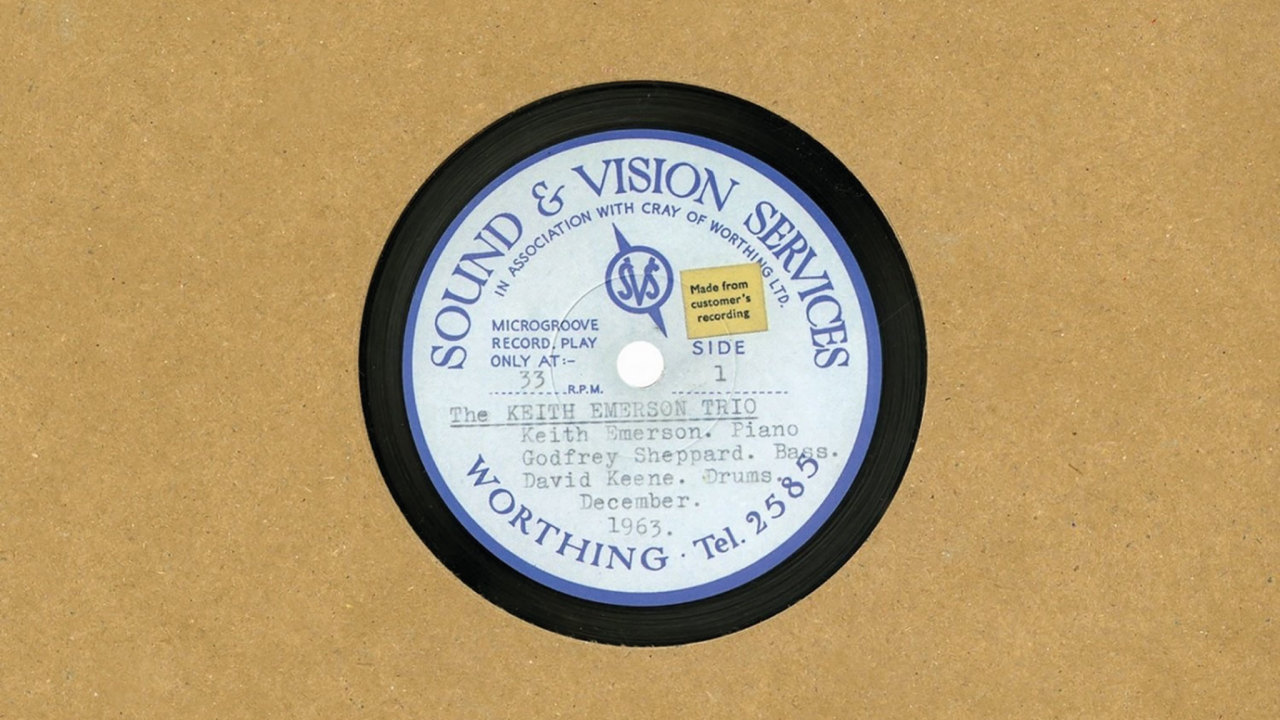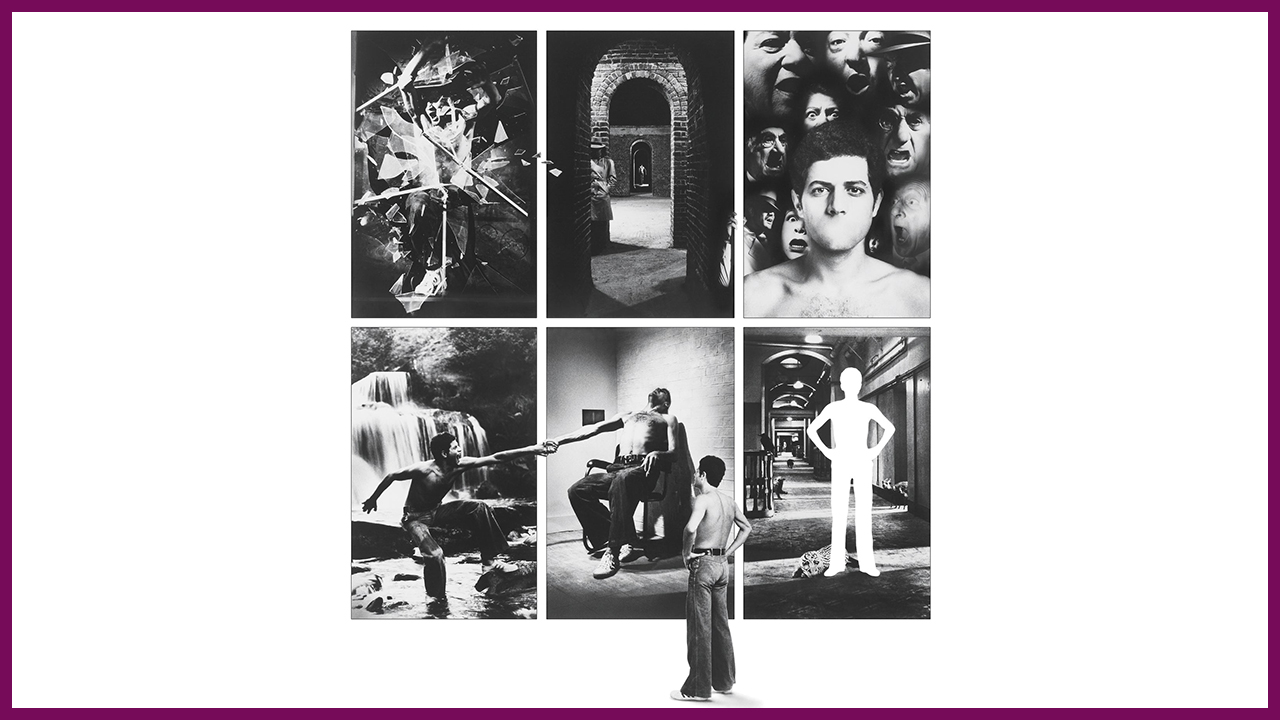You can trust Louder
It’s jazz, man. And boogie woogie. All the way. This is a teenage Keith Emerson, recorded in his parents’ living room during 1963, as he flexed his musical acuity on five cover versions, plus two original songs.
And while you can certainly appreciate his brilliance on the ivories even at this early age, nonetheless it’s all about his piano skills, with no hint of a Hammond organ. Of course, you can hear some of the influences which would later flower with The Nice and ELP, but the reality is that here is a bonafide, early 60s trio mainly indulging a passion for the jazzier side of the dirt track. Joined by Godfrey Sheppard on double bass and David Keene on drums, Emerson does a fine job interpreting masterpieces such as John Coltrane’s You Say You Care, Hank Mobley’s Soul Station and You Came A Long Way From St. Louis, popularised in 1948 by American band leader Ray McKinley. The fluidity and flow of Emerson’s musicianship is astonishing, and when you compare what he does here to the originals, then it makes you realise that even at such a formative period, he had a special talent. It’s even more noticeable on his own compositions Winkle Picker Stamp and 56 Blues. Here, Emerson leans towards the boogie woogie end of the sphere with an authoritative zeal. The kid bursts out all over this pair, taking his cue from the greats like Fats Domino and Big Maceo Merriweather, as well as nodding towards Jerry Lee Lewis. This is Keith Emerson just letting loose and doing what came naturally to him at the time. But this album’s more than a curio because the performances here have distinct quality. In truth though, while prog-related by association, this is unfettered jazz. But if you have an open mind and want to explore music that is definitely of a fulsome quality, then a trip into the suburban world of the fledgling keyboard giant will prove enlightening, and fun.
Sign up below to get the latest from Prog, plus exclusive special offers, direct to your inbox!
Malcolm Dome had an illustrious and celebrated career which stretched back to working for Record Mirror magazine in the late 70s and Metal Fury in the early 80s before joining Kerrang! at its launch in 1981. His first book, Encyclopedia Metallica, published in 1981, may have been the inspiration for the name of a certain band formed that same year. Dome is also credited with inventing the term "thrash metal" while writing about the Anthrax song Metal Thrashing Mad in 1984. With the launch of Classic Rock magazine in 1998 he became involved with that title, sister magazine Metal Hammer, and was a contributor to Prog magazine since its inception in 2009. He died in 2021.


